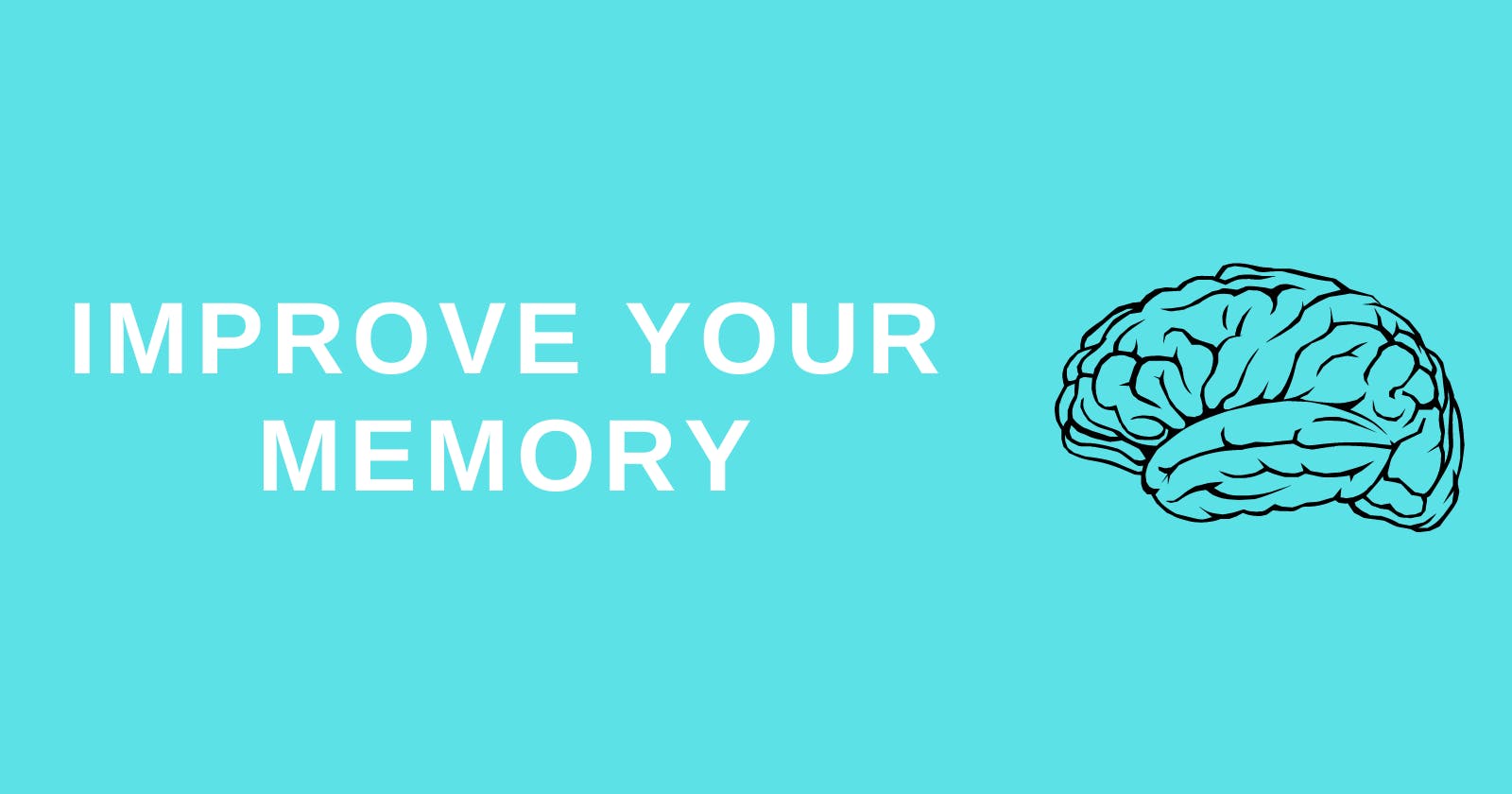This blog post is my summary of Huberman's Lab podcast episode 72, understand & improve memory. He's one of my all time favourite pod-caster, he talks about all things health, science and protocols. Check him out at hubermanlab.com
What is memory?
First some background memory, these are the different types of memory:
- short term: working memory
- long term
- explicit memory: things that we can declare to know
- implicit memory: thing that we unconsciously know e.g. walking
A famous case study of patient H.M helped neuroscientists understand where memory is formed and stored. H.M had part of his hippocampus removed due to severe seizures, after the procedure he was not able to form any new memories but could retain past memories. This indicated that the hippocampus is where we form but not store, explicit declarative memory. Implicit memories are formed elsewhere - in the cerebellum or neocortex.
Why do we remember some things and not others?
Some factors to why we remember certain events over others are
- Association: how well a fact or memory is linked to the context of our lives
- Repetition: the more a particular neuron circuit in a particular chain is activated the stronger it becomes
- Emotion saliency: we are more likely to remember emotionally intense events positive or negative
These points seem obvious but why is it exactly that we are more likely to remember emotional events better? In response to these events our body releases adrenaline/epinephrine and/or cortisol
It is the release of these hormones after the event that causes memories to stick.
This was shown by a study conducted by Larry Cahill and James L. McGaugh. Researchers made participants either read a boring paragraph or emotionally charged paragraph. The participants were able to remember the emotional paragraph better however, if the students who read the boring paragraph plunged their arm in ice water after reading they remember just as much as the emotional participants.
When their adrenaline release was blocked by pills, they no longer remembered the paragraph as well. This means we don't necessarily remember emotional events better but we remember events that trigger an adrenaline release afterwards. This hormone release is a key factor in long term memory formation.
Tools to improve memory
Knowing this we can use the following tools to increase adrenaline and cortisol AFTER a learning session
- Cold showers
- Drive caffeine towards the end of your study session (I know this is strange!)
- Go for a hard intense workout after studying

Other helpful tools
- Spaced repetition
- Exercise
More studies have been conducted on cardiovascular exercise than weight lifting. These studies show that cardiovascular exercise supports dentegris neurogenesis which is important for forming memories. The recommended minimum zone 2 cardio is 180 - 200min a week. It has been shown that exercise releases the hormone osteocalcin from our bones. Osteocalcin performes a variety of functions but it also encourages electrical activity in the hippocampus which helps maintain its function of forming new memories.
- Meditation
Study by Wendy Suzuki showed that a 13min daily meditation session will improve memory formation and focus. It has the side effect of increasing alertness - which is beneficial if you meditate in the morning instead of night time. Huberman has an entire podcast with Wendy Suzuki talking about focus and memory: hubermanlab.com/dr-wendy-suzuki-boost-atten..
If you want to listen to the entire podcast or check out the studies mentioned use this link: hubermanlab.com/understand-and-improve-memo..
